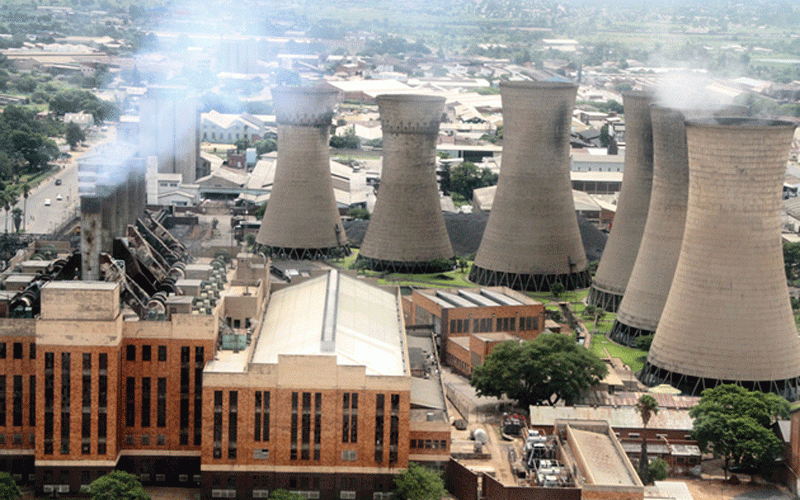
ZIMBABWE, as part of the global community of nations, prioritises climate change in its development efforts because it has witnessed an intensity in severe weather events, particularly droughts, prolonged dry spells and recently extreme storms associated with wide-spread hail and flash flooding.
According to the Knowledge Attitudes and Practices for Zimbabwe’s National Adaptation Plan survey of 2018, information, knowledge, education and action on climate change is, however, low in the country and southern Africa generally. Although several efforts have been made to address this, available information still does not identify those who are most impacted by climate change — vulnerable communities, women and children and small-holder farmers.
The status quo is having negative impacts on agriculture — the country’s economic mainstay — hydro-electricity production, energy, infrastructural development, surface and underground water conservation, adaptation practices, human settlements food security, national security, as well as job creation and industrial development, which are creating a serious humanitarian crisis and increasing vulnerabilities.
There is need for people to adapt to climate change and cushion themselves from climate shocks. The country’s economic blueprint, the Zimbabwe Transitional Stabilisation Programme (2018) note the need to adapt to climate change, increase the country’s adaptive capacity, strengthen human and institutional systems, improve education, communication and awareness. All these should be guided by The National Climate Change Response Strategy and the National Climate Change Policy document. These provide strategies to fight climate change in Agriculture and food security, energy, transport, disaster risk management, vulnerable groups, children and youth, water and land use, among others.
It is a collective, collaborative and multi-stakeholder approach. The government, policymakers, parastatals, development community, churches, the public, vulnerable communities (women and children, disability organisations, the elderly, those living with HIV), need to be actively involved. In addition, civil society, schools, colleges, universities, research organisations, farmer organisations, the media arts organisations, youth organisations, private sector, traditional leaders, need to demonstrate their positive footprints.
Climate change interventions are ongoing and continuous, some are revised, revisited and rebranded according to the urgency of the climate change phenomena.
Through climate change advocacy to lobby authorities and policymakers, mainstreaming climate change into development planning, incorporating climate change into the school curriculum, awareness raising on climate change issues, need to be at the centre of the country is development.
Furthermore, behaviour change is critical for improved natural resource management, as well as to create a resilient agriculture; and for disaster risk reduction, diversified livelihoods, engaging influencers, role models and opinion leaders. Promoting social learning, building on indigenous knowledge systems, direct engagement of communities. The aim is to build capacity to advance Zimbabwe’s climate change education process and strengthen climate knowledge and literacy and climate change adaptive capacity.
- Mavhunga puts DeMbare into Chibuku quarterfinals
- Bulls to charge into Zimbabwe gold stocks
- Ndiraya concerned as goals dry up
- Letters: How solar power is transforming African farms
Keep Reading
The overall goals are to, ensure key stakeholders have a shared understanding of climate change issues build broad-based public awareness on Zimbabwe’s climate change policies and frameworks and strengthen government’s approach to climate change knowledge, information and literacy campaigns. Engage communities on practical steps to strengthen resilience. Support civil society activities to educate and mobilise Zimbabweans on issues of climate change. Convince the public and private sector on the need for climate change education and adaptation.
These should contribute to informed and knowledgeable climate change audiences, skilled and empowered to fight the impacts of climate change.










